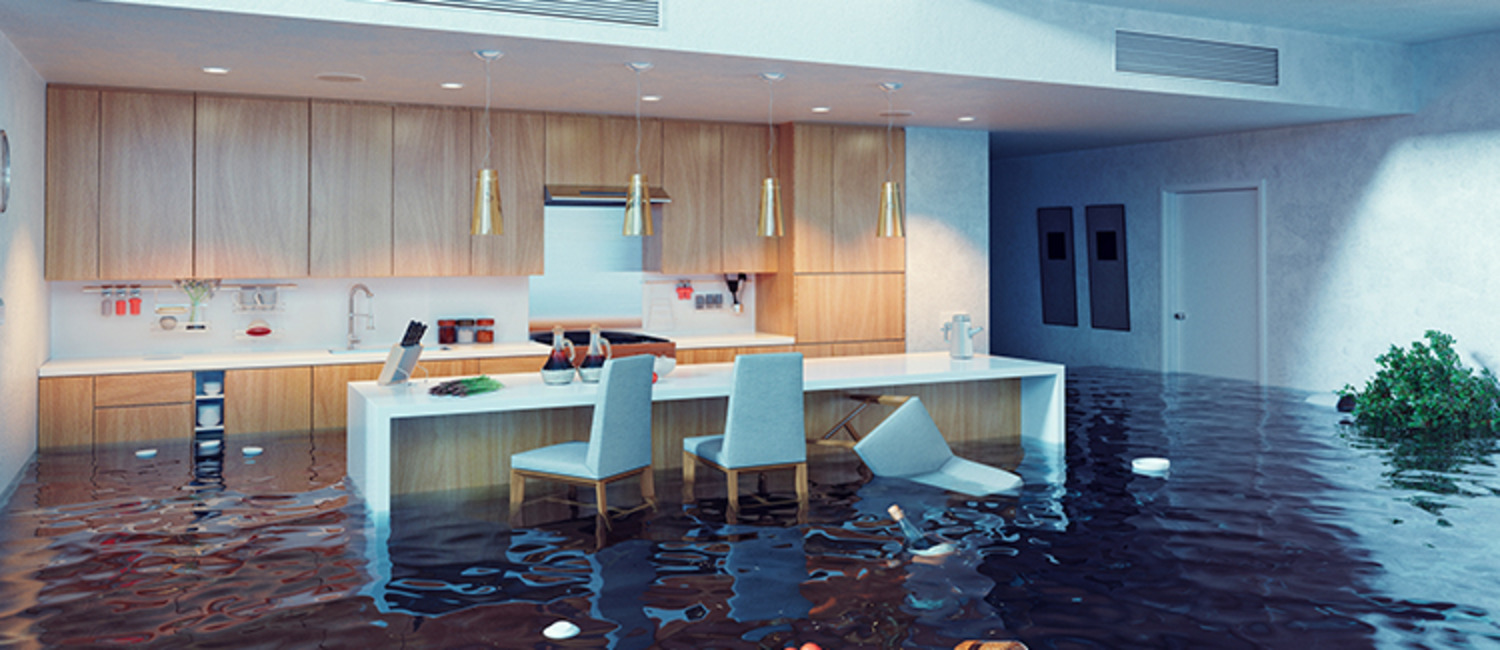
5 Tips for Handling Emergency Situations When House Sitting
When taking a house sitting job or when looking for a house sitter to care for your home while you are away, the last thing you want to think about is what happens if an emergency or disaster occurs.
From a sitter’s perspective, it’s difficult to know what to do; and from a homeowner’s perspective, it’s difficult to know that there is an emergency at home and you are not there to deal with it.
As a house sitter do you know what to do if there is a huge storm and the power goes out? What happens if the pet you are watching falls ill? What if someone breaks into your client’s home?
These are all possible emergency situations, and you need to be prepared to deal with them, even if you don’t have specific instructions from the homeowner.
What Emergency Situations Can Occur while House Sitting?
In most instances, house sitting is an event free job. However, the truth is there are many different emergency situations that could occur when you are caring for a home, and you need to be prepared to deal with them.
- Break and enters
- Pet illness
- Fire
- Poor weather / storm damage / floods
- Personal emergency
- Client travel emergency
These are only a few of the many examples of emergency situations that could arise. Preparation is key in being able to deal with these situations.
Talk with the Homeowner About Emergency Situations
When discussing the details of your job, it’s important to talk to the homeowner about their expectations if an emergency occurs. Being on the same page and knowing not only what to do, but what is expected of you will help you to better deal with any situation that arises when you are house sitting.
How to Handle an Emergency Situation When House Sitting
Here are the steps to take to deal with an emergency situation when house sitting:
1. Don’t blame yourself
The first thing you need to understand about emergency situations is that the vast majority of them are not your fault. A storm doing damage to your client’s home, a pet falling ill, or having to leave a job early because of a personal emergency can happen. Blaming yourself for the emergency won’t do you any good, and it won’t help you come up with a resolution to the situation.
2. Assess the risk level
Every house sitting job is different, a reason why it’s important to assess the level of risk or odds of an emergency arising before you take the job and again when you get to the house. Taking the time to assess all of the potential things that could go wrong will help you prepare and be ready for anything that happens.
3. Have a list of emergency contacts handy
You should have a list of emergency contacts handy as soon as the homeowner leaves. Often, the homeowner will leave a list of important contact numbers, others don’t, and some leave out other emergency contact numbers that you would feel more comfortable having at your fingertips.
Review the contact information provided by the homeowner and take a few minutes to add any numbers that are missing. Have the numbers for:
- The local police and fire departments
- A trusted neighbor who could help you in an emergency situation
- A family member of the homeowner you could call for assistance
- The vet (if you are also watching pets)
- The homeowner’s insurance company
- The alarm company
- Utility company (if the power goes out)
4. Know what to do when extreme weather hits
If a severe storm is expected in the area where you are house sitting, it’s important to know what you need to do. Depending on where you are located, this may include boarding up windows and other preparations to protect the home from the storm. Talk with the homeowner about what steps to take.
It is also very important to know what to do in case of an evacuation. If you don’t get this information from the homeowner, you can look it up online or even ask a neighbor.
5. Have a plan if the homeowner gets delayed
You never know what can happen when you travel. You could get delayed, have travel issues, or even fall ill. If any of these situations occur and prevent your client from arriving home on time, you need to have a backup plan to ensure the home is properly cared for. Whether it’s extending your stay, having one of your client’s family members take over care, or another arrangement, you always need to have a plan B.
Conclusion
You never know which situations could arise when you initially agree to a house sitting position. Inclement weather, pet issues, property damage, and even travel delays can arise, and when they do, you need to be ready and willing to deal with them. Rather than be reactive and assume your job will be issue free (which it most likely will be), taking a proactive approach to house sitting ensures you are ready for anything.
Let Us Help You Find Great House Sitting Jobs in the USA & Canada
Looking for a house sitting job?
Related Content